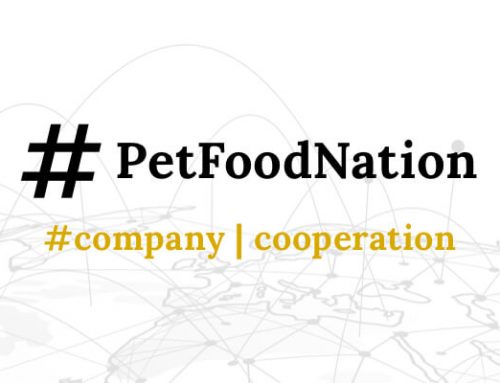The Russian pet food market currently has to deal with decreasing pet food imports, price increases and closing pet store chains due to Western enforcing measures. At the same time, this might be a opportunity for local manufacturers.
“We are expecting problems for the Russian pet food market to be pretty severe,” said Kirill Dmitriev, president of the Russian national association of the animal and zoo industry. He also explained, that there had been struggles with veterinary resstrictions last year already and now continued because of logistic problems.“We are probably heading into a disastrous shortage of some products.”
According to Dmitriev, though importers still receive orders from February and have some goods in stock, so that Russian do not feel the full consequences yet.
Anyways, there is already a scarcity of particular pet products like therapeutic diets and holistic pet foods, stated the general director of Russian zoobusiness association Tatyana Kolchanova. That also results in panic purchases.
“Shortly after the beginning of the Russian special military operation, we saw a feverish demand. Customers were stocking pet food for a year in advance,” Kolchanova said.
“Even if part of products manufactured by foreign brand owners stays on the shelves, their quantities may substantially decrease,” stated Tauras-Fenix, a packaging equipment company, on April 27. „The price of pet food supplied by the companies that continue operation in Russia, including Aller Petfood Group, Monge, Farmina and Grandorf, will double due to the current crisis“, Tauras-Fenix added.
Regarding the past years, the Russian pet food market sales continuosly increased. Last year, sales reached US$4.05 billion versus US$3 billion in 2016, statistics expected sales to reach US$5.2 billion by 2025.
For instance, the current crisis promises to cut the number of specialty pet food stores in the country. This trend already affects not only independent stores but also specialty pet food chains.
The current situation will reduce the amount of specialty pet food stores or chains.
“For the time being, we are carrying out fairly targeted closures. We close those stores that have not been performing very well for a time. Plus those where the rent costs are very high: This is another sore point that has to be addressed,” said Georgy Chkareuly, general director of the pet products chain Beethoven.
“We might have a situation where three independent pet food stores were located within one residential building,” Dmitriev said. “After all, they could not switch to the most widespread brands, those available in supermarkets, since this doesn’t make economic sense.”
At the same time, this could be a chance for national pet food businesses to replace the products normally imported.
“We already have a pool of domestic companies who started replacing imports,” said Kolchanova. “Rosselhoznadzor [a Russian governmental agency] estimated there are 190 pet food companies in Russia. We counted 130, but it is still a lot.”
“The problem with import replacement, however, is that most pet food components, including meat meal, bone meal and vitamins, are also imported,“ Dmitriev said. Besides, Russian pet food companies have no available production capacities to quickly ramp up production, while building new factories from scratch is challenging given the high interest rate on loans in Russia, he added.
According to Dmitriev, it is the government’s duty to establish a program supporting the local manufacturers in order that the replacement can work.
Read the full article – petfoodindustry.com



